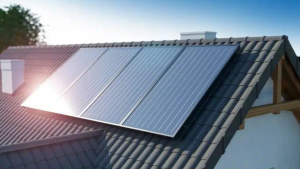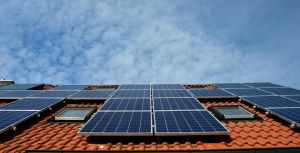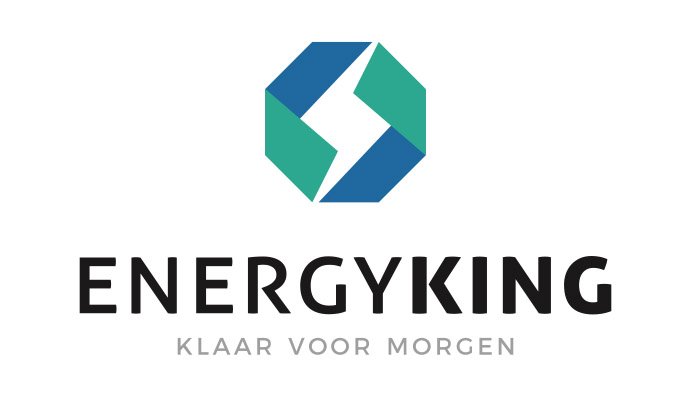Awareness of renewable energy is growing worldwide, and Flanders is taking an important step in this regard by extending excess solar energy allowances for tenants. Let's zoom in on this development and understand what this means for tenants and landlords in Flanders.
New Calculation Method for Self-consumption
With the advent of digital meters and changed tariffs, adjustment in the calculation of fees was necessary. Previously, when meters were reversed, up to 100 percent of the power produced could be used by tenants. With digital meters, however, this percentage dropped to only 30 to 35 percent. This adjustment led to a revision of the fee structure, focusing on encouraging self-consumption.
Encouraging Self-consumption
The purpose of the revised calculation method is to encourage self-consumption among tenants. By claiming back a portion of energy bill savings as compensation, tenants are encouraged to use more of the solar energy produced themselves. This not only improves tenants' financial situation but also contributes to more efficient use of green energy sources.
Marketing Excess Energy
An interesting development is the ability of social landlords to market excess solar energy. This means that the proceeds of non-consumed solar power not only benefit the resident, but can also be used for other purposes. By registering as a grid user at the property's injection point, landlords can sell solar power to energy communities or other parties, generating additional revenue.
Challenges and Solutions
Of course, this new fee structure also brings challenges. One of the most important is the fact that tenants cannot enter into a feed-in contract with their energy supplier, which can result in lost revenue for landlords. To address this, it is proposed to introduce a flat fee for the proportion of electricity injected, based on the tariff for protected customers.
Future Steps
The Flemish government's decision to extend surplus solar energy allowances is a step in the right direction for a more sustainable future. Before these measures take effect, advice will be sought from the Council of State and further steps will be taken to ensure smooth implementation.
Conclusion
Extending surplus solar energy allowances is an important step for Flanders in the transition to renewable energy. By encouraging tenants to increase self-use and allowing social landlords to market excess energy, it paves the way for more efficient and greener energy use in the region. With these measures, Flanders is sending a strong signal and showing that it is serious about achieving its sustainability goals.






